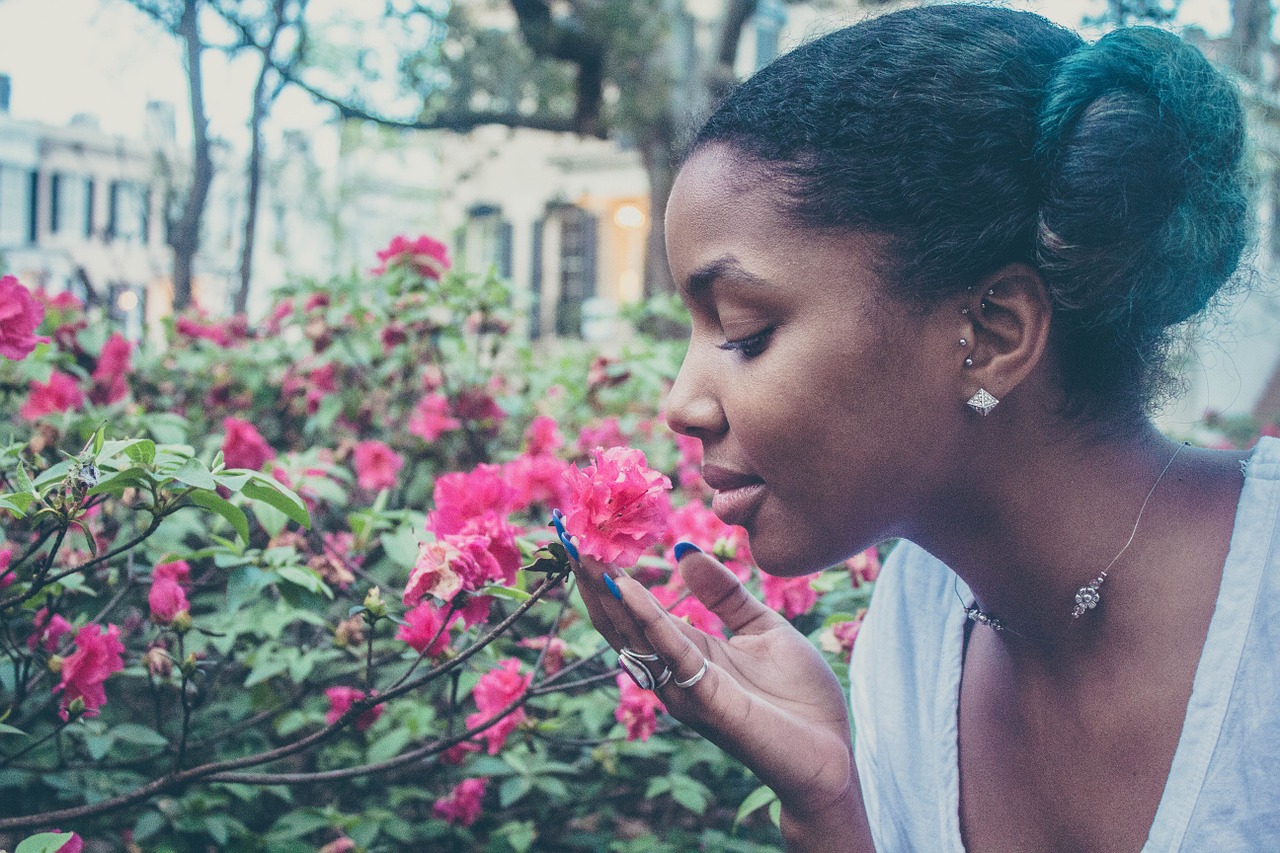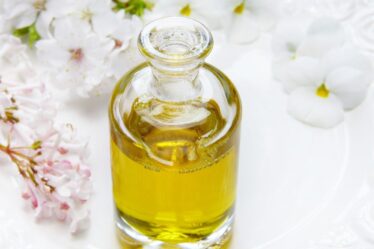
Aromatherapy is one of the most pleasant and effective procedures, which involves the use of essential oils of plants and flowers to improve the physical and psycho-emotional condition of man. The use of essential oils with a high content of natural vitamins, trace elements and hormones gives a person the opportunity to improve their health.
Despite the excellent composition, consistency of the fluid and the concentration of beneficial components, such products do not cause side effects. Adhering to the right dosage will allow you to follow an effective course of treatment. When buying, it is worth paying attention to:
the characteristics of the problem that must be addressed;
availability of an expiration date, according to which the oil is suitable for use;
the presence of dark glass packing containers, the outer box of which should be without damage and defects.
Be sure to ask about the quality and aroma intensity. To do this, you may ask to test the fragrance – it should cause pleasant emotions and sensations.
Principles of operation of fragrances
The fragrance of flowers, herbs and trees is most often explained by the presence of essential oils in plants. These substances have a powerful healing effect and often help people restore unstable mental or physical health. Baths, massages and inhalations with essential oils strengthen the immune system, increase the tone of the body and improve the overall health of the person. Unlike traditional medicines, the use of these substances in accordance with the regulations does not imply any side effects. The main thing is to choose the oils and their combinations, which are suitable for a person, based on his emotional state, as it most often causes physical symptoms.
Essential oils, when inhaled, enter the body through the sense of smell, when rubbed – through the skin. In the first case, the essential oil particles penetrate through the nasal cavity, where the receptor nerve cells of the olfactory system are located. Thin hairs – eyelashes – depart from each of them, which register information about the smell and pass it through the olfactory bulb to the brain.
Electrochemical impulses then enter certain centers of the brain, which causes the release of neurochemical substances, which in turn have a sedative, relaxing, stimulating or energizing effect on the nervous system. From there, other impulses are transmitted to the rest of the body, where the physical effects of essential oil are directly recorded. Also by inhalation, particles of the substance enter the lungs, where they have a beneficial and purifying effect.
In the second case, the smallest particles of essential oils seep into the human body through the pores and hair follicles, reaching the small capillaries. Through them, they already penetrate into the bloodstream and spread throughout the body, getting into every cell of tissues and body fluids. The mucous membranes are also easily permeable for essential oil particles.
Once in the body, the substance serves to restore the broken balance in it and functional renewal of failed systems or organs. The range of essential oils is so wide and diverse that it still requires detailed study. Today, it is known that all of them have antiseptic and, to some extent, antibacterial properties. Some may even help in the treatment of viral infections, which sometimes cannot be dealt with by well-known and proven drugs. It is noted that essential oils relieve tension and accelerate slow blood circulation. In each case, their use can have a number of positive effects: pain relief, reduction of swelling, excretion of toxins and so on.
It is also a reliable fact that essential oils have a beneficial effect on the emotional mood of the person: some of them are relaxants, others – stimulants. In addition, they have the properties of relieving mental fatigue and improving memory. It is proved that the part of the brain that processes odors as signals is also responsible for memory. Many doctors use aromatherapy to treat amnesia and not without success.
The basic rules of aromatherapy
- When choosing a fragrance, you should first study the peculiarities of its effect on a person, because essential oils can have various actions: stimulating, strengthening, anti-stress refreshing, purifying, harmonizing, relaxing, soothing and others.
- When the choice of aromatic oils is made, you should check their individual intolerance. This can be done with a skin sample: diluted oil is applied to the wrist, or with a bath: it is taken within 5 minutes with 1-2 drops of essential oil dissolved in water.
- Do not abuse the essential oils – you should remember the measure.
- It is not allowed to use undiluted oil inwardly or on the skin.
- It is necessary to remember about the dosage of essential oils – no more than 5 drops at a time and no more than 10 drops per day.
- For children, the dosage of aromatic oils should be reduced by 3-8 times.
- For elderly people, the oil dosage is usually reduced by at least half.
- Over time, the dosage of essential oils should be reduced, because the resistance to them increases.
- Remember that oils with tonic effect are taken a few hours before sleep.
- For storage of essential oils are provided dark and cool rooms, their shelf life is unlimited, the exception is citrus fruits – they are stored no more than two years.
- It is necessary to know that aromatic oils should not be kept in cold; if essential oil is still frozen, it can be heated only at room temperature.

